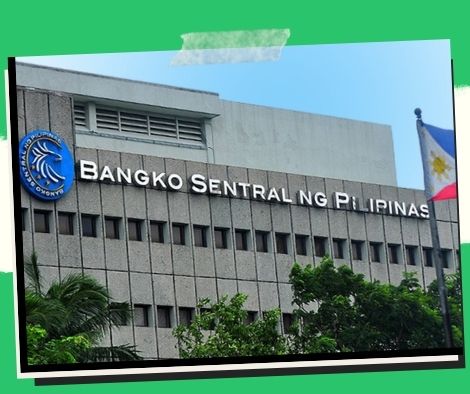
Payments digitization has resulted in a decrease in currency demand.
MANILA, Philippines — According to the Bangko Sentral ng Pilipinas, payment system digitalization is predicted to reduce demand for physical currency, lowering the cost of producing banknotes and coins (BSP).
BSP Governor Benjamin Diokno said the emergence of contactless payment technology has transformed the retail payment system at a video briefing on Monday.
“The use of banknotes and coins, particularly smaller value currencies, is projected to decline over time,” he stated.
The BSP, as the country’s sole currency issuer, provides a timely and abundant supply of decent and quality paper notes and coins in the most cost-effective and efficient manner, according to Diokno.
He added that the BSP has partnered with a number of foreign colleagues to compare notes, such as on currency predictions.
The BSP’s forecasting framework, which uses econometric models to link a collection of macroeconomic indicators with currency management variables, was adopted by the central bank’s policy-making Monetary Board (MB) on Jan. 8, 2020, according to Diokno.
“In response to changes in conditions, such as e-payment usage, price level, and consumer preferences, the shifting mix of currency denominations should be suitable with real demand,” he stated.
“Digital payments have been a catalyst for boosting financial inclusion and are spurring economic growth,” Diokno said, adding that the BSP will soon announce the results of research on the impact of digitization of the payments system on domestic GDP.
He said that the adoption of cashless payments added roughly US245 billion to the real gross domestic product (GDP) of these countries, citing results of a study conducted from 2015 to 2019 that covered 70 economies and identified the impact of the move to digital payments.
He went on to say that “increased consumer consumption and employment creation led to overall productivity and economic growth.”
Payment digitization in the Philippines, according to Diokno, has grown dramatically in the last year.
“We’re getting closer to our target of converting at least 50% of retail payments to digital by 2023,” he said.
Because micro, small, and medium enterprises (MSMEs) account for nearly all firms in the country, Diokno believes that the change to digital payments will benefit not only the sector but the entire economy in terms of development and productivity.
“In addition, access to digital payments by MSMEs could be the first step toward digital financial inclusion.” As a result of their commitment to financial inclusion, MSMEs are an important part of the country’s overall economic growth,” he said.
Save/Share this story with QR CODE
Disclaimer
This article is for informational purposes only and does not constitute endorsement of any specific technologies or methodologies and financial advice or endorsement of any specific products or services.
📩 Need to get in touch?
Feel free to Email Us for comments, suggestions, reviews, or anything else.
We appreciate your reading. 😊Simple Ways To Say Thanks & Support Us:
1.) ❤️GIVE A TIP. Send a small donation thru Paypal😊❤️
Your DONATION will be used to fund and maintain NEXTGENDAY.com
Subscribers in the Philippines can make donations to mobile number 0917 906 3081, thru GCash.
3.) 🛒 BUY or SIGN UP to our AFFILIATE PARTNERS.
4.) 👍 Give this news article a THUMBS UP, and Leave a Comment (at Least Five Words).
AFFILIATE PARTNERS

World Class Nutritional Supplements - Buy Highest Quality Products, Purest Most Healthy Ingredients, Direct to your Door! Up to 90% OFF.
Join LiveGood Today - A company created to satisfy the world's most demanding leaders and entrepreneurs, with the best compensation plan today.



 Business Technology, Finance Technology & Information Technology
Business Technology, Finance Technology & Information Technology





